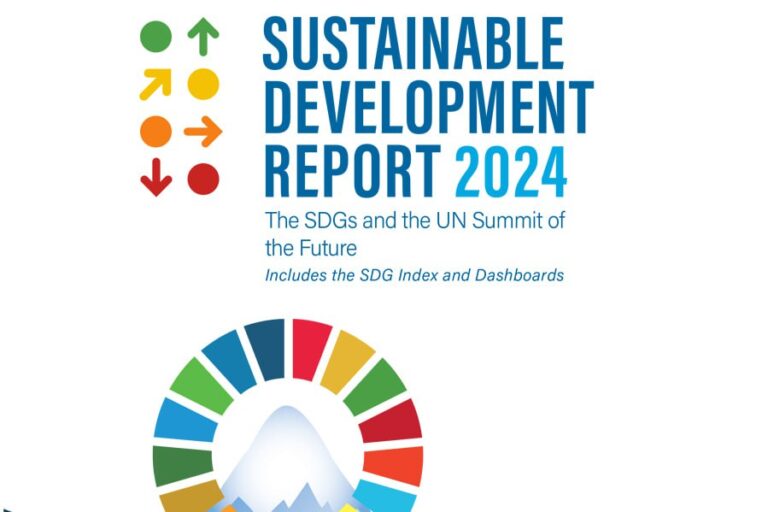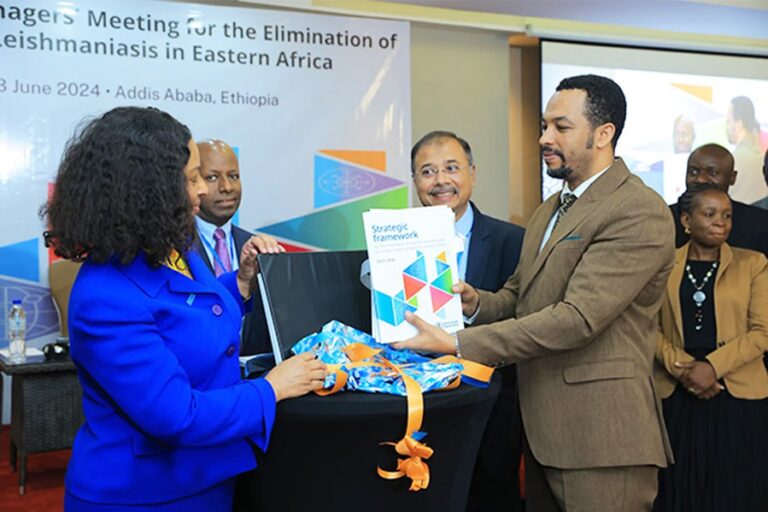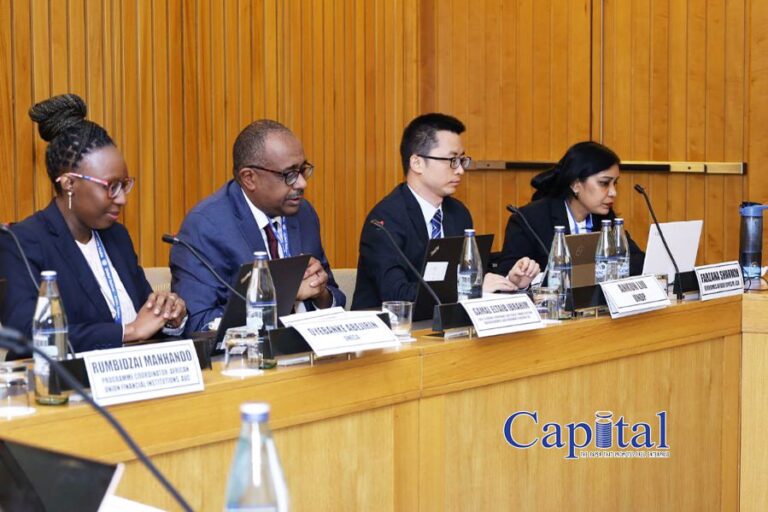Urgent call for UN reform to revive stalled progress on SDG’s
The latest Sustainable Development Report, released on June 13, paints a concerning picture for Ethiopia’s progress on the UN’s Sustainable Development Goals (SDGs). The East African nation ranked 145th out of 167 countries in the 2024 SDG Index, underscoring the significant challenges it faces in achieving the 2030 Agenda for Sustainable Development.
The SDG Index, produced annually by the Sustainable Development Solutions Network (SDSN), measures countries’ overall progress on the 17 SDGs, which include goals such as ending poverty and hunger, improving health and education, and taking action on climate change. Ethiopia’s score of 56.6 puts it well below the global average of 71.5 and places it in the “red zone” category, denoting major challenges across multiple SDG areas.
“Ethiopia’s low ranking in the SDG Index is a wake-up call that more concerted action is needed to put the country on a sustainable development path,” said Guillaume Lafortune, the report’s coordinator. “While Ethiopia has made some progress, it is still grappling with deep-seated challenges related to poverty, food security, health, and environmental protection that are hindering its ability to achieve the ambitious 2030 Agenda.”
The report notes that Ethiopia’s relatively low ranking is partly a reflection of the significant development challenges it faces as a low-income country. However, it also highlights the need for the government to redouble its efforts and implement more ambitious, evidence-based policies to accelerate progress on the SDGs.
“Ethiopia has demonstrated a strong commitment to the SDGs, but the results show that much more needs to be done,” said Lafortune. “With the right strategies and international support, Ethiopia can make faster strides towards a more sustainable and equitable future for its people.”
The report from SDSN also has issued a stark warning – the world is significantly off track to achieve the Sustainable Development Goals (SDGs) by the 2030 deadline.
The report finds that only 16% of SDG targets are currently on track globally, with the remaining 84% demonstrating limited progress or even reversal. This stagnation in SDG progress since 2020 is occurring across a range of critical areas, including hunger, sustainable cities, life below water, life on land, and peace and justice.
“Midway between the founding of the UN in 1945 and the year 2100, we cannot rely on business as usual,” said Professor Jeffrey D. Sachs, President of the SDSN and a lead author of the report. “The world faces great global challenges, including dire ecological crises, widening inequalities, disruptive technologies, and deadly conflicts – we are at a crossroads.”
The report highlights stark disparities in SDG progress between country groups. Nordic countries continue to lead in SDG achievement, with Finland, Sweden, and Denmark topping the 2024 SDG Index. However, even these high-performing countries face significant challenges in meeting certain goals.
In contrast, the gap between the global SDG average and the performance of the poorest and most vulnerable nations, including Small Island Developing States, has widened since 2015. This uneven progress is driven in part by a chronic shortfall in sustainable development financing, particularly for low-income and lower-middle-income countries.
The report calls for urgent reform of the United Nations to “strengthen global cooperation and financing for sustainable development.” It presents five complementary strategies to reform the global financial architecture, including new institutions, forms of global taxation, and priorities for investment in areas like quality education.
Alongside the SDG Index, the 2024 report introduces a new Index of countries’ support for UN-based multilateralism. This ranking shows Barbados as the global leader in commitment to the UN system, while the United States ranks last among the 193 UN member states.
As the world prepares for the UN Summit of the Future in September 2024, the SDSN report underscores the imperative for bold action to upgrade the UN and reinvigorate global progress on the SDGs. “The international community must take stock of the vital accomplishments and the limitations of the United Nations system, and work toward upgrading multilateralism for the decades ahead,” said Sachs.






